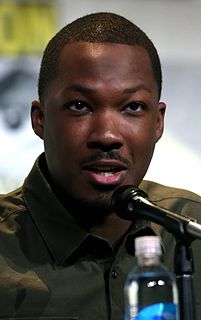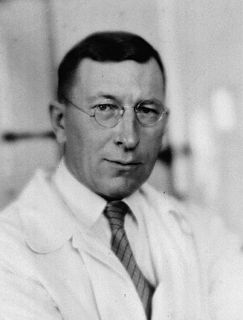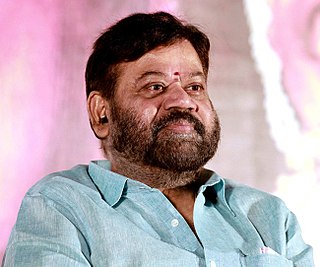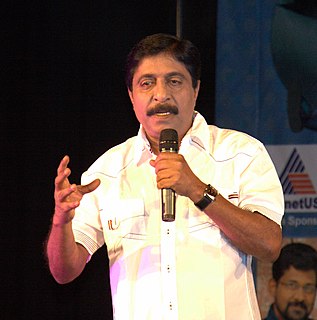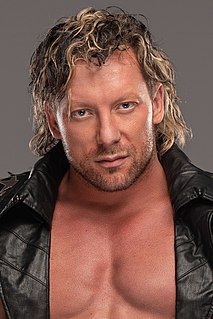A Quote by Markus Zusak
That was when the world wasn't so big and I could see everywhere. It was when my father was a hero and not a human.
Related Quotes
It concerns me when I see a small child watching the hero shoot the villain on television. It is teaching the small child to believe that shooting people is heroic. The hero just did it and it was effective. It was acceptable and the hero was well thought of afterward. If enough of us find inner peace to affect the institution of television, the little child will see the hero transform the villain and bring him to a good life. He'll see the hero do something significant to serve fellow human beings. So little children will get the idea that if you want to be a hero you must help people.
First we have to see. Or first we have to be taught to see. We have to be taught to see here, because here is everywhere, related to everywhere else, and if we don't see, hear, taste, smell and feel in this place - not only will we never know anything but the world of sense will be by that much diminished everywhere.
Phoenix is an interesting example. Drive around and see the golf courses everywhere, and you see people's big green lawns. And you live in a desert! I've always remarked about the capacity of human beings to look at somewhere and move there because of its uniqueness and its beauty and then change it.
My father was a world-class scientist and my mother was a prolific painter. I could see that my parents had completely different ways of knowing and understanding the world, and relating to it. My father approached things through scientific inquiry and exploration, while my mother experienced things through her emotions and senses.
The child in me could not die as it should have died, because according too legends it must find its father again. The old legends knew, perhaps, that in absence the father becomes glorified, deified, eroticized, and this outrage against God the Father has to be atoned for. The human father has to be confronted and recognized as human, as man who created a child and then, by his absence, left the child fatherless and then Godless.

